10-nanometer
Latest
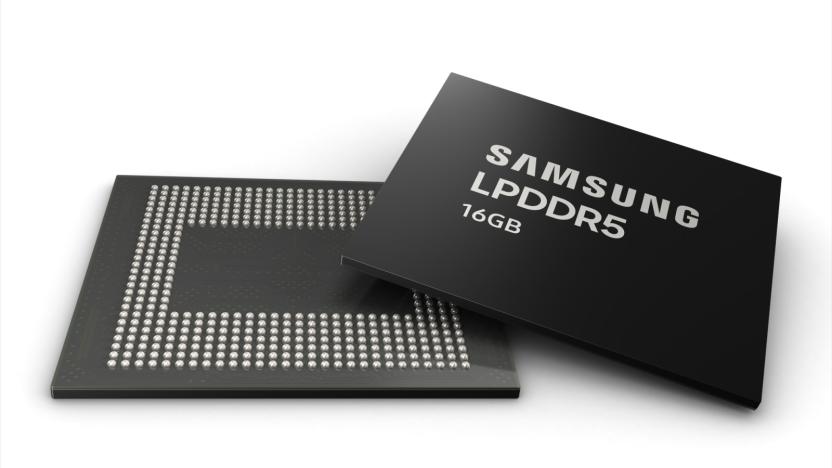
Samsung's new chips usher in smartphones with 16GB of DRAM
You could soon see more and faster DRAM in next-generation flagship smartphones than in many PCs. Samsung has just unveiled the first 16GB LPDDR5 mobile DRAM chips built on its second-generation 10-nanometer process tech, the company has announced. We've already seen this chip in Samsung's Galaxy S20 Ultra, and it'll likely appear in more flagship phones in the very near future.

Microsoft's Surface Neo will use Intel's next-gen Lakefield CPU
The flashiest PC that Microsoft unveiled at its event today has got to be the dual-screen Surface Neo, powered by the new Windows 10 X OS. It turns out that device will be the first one we've heard of to get Intel's next-generation Lakefield processor with a 10-nanometer primary Sunny Cove core, four 10-nanometer "Tremont" cores and Foveros 3D chip stacking technology.

Intel made more money than ever despite 10-nanometer chip delays
Intel has no permanent CEO and its 10-nanometer chips keep getting delayed, but none of that has cut into its revenue (yet). The company announced that it earned a record $19.2 billion and made a $7.3 billion operating profit. On top of that, it made most of its cash ($10.2 billion) on regular old PCs and not data centers or internet-of-things devices. All this despite the fact that it's still about a year away from mass production of its long-awaited 10-nanometer "Cannon Lake" CPU micro-architecture.
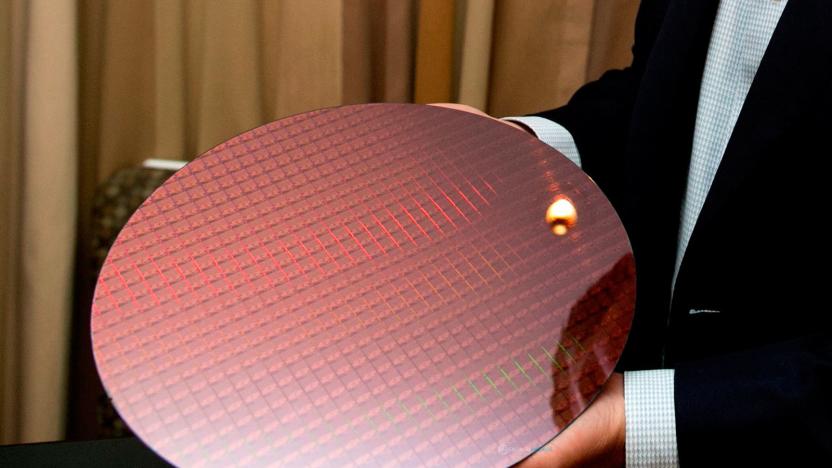
Intel delays its 10-nanometer 'Cannon Lake' CPUs yet again
Intel has announced that, once again, mass production of its 10-nanometer "Cannon Lake" chips will be delayed. The company is already shipping the chips in low volumes (though no one knows to whom at this point), but said it "now expects 10-nanometer volume production to shift to 2019 [rather than the end of 2018]." It announced the move in its first quarter earnings report, which saw it collect a record $16.1 billion in revenue and $4.5 billion in profit, a 50 percent jump over last year.
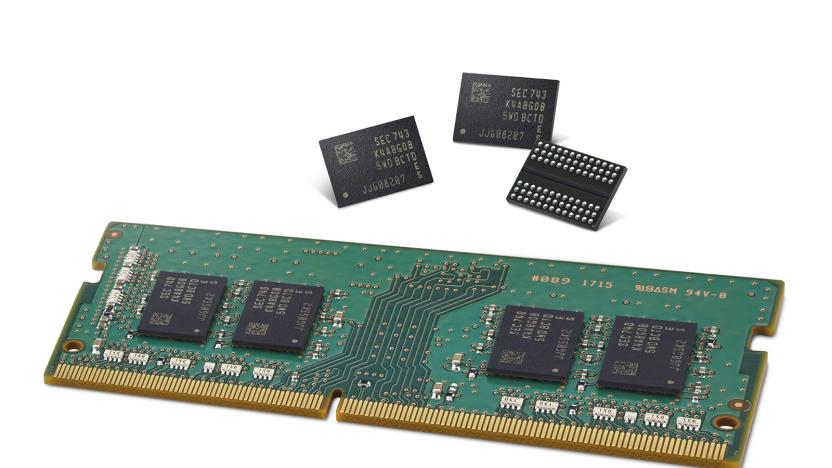
Samsung's faster, smaller DRAM chips are coming to your next PC
Samsung has built the smallest 8-gigabit DDR4 RAM chip ever using its second-generation 10-nanometer manufacturing tech, it said in a news release. The chips are 15 percent more energy efficient and run 10 percent faster than the last generation, launched just 20 months ago. Productivity for the chips is also up 30 percent, meaning that wafer throughput and yields will let it build more of the chips in the same time. That should make RAM for your computer cheaper and easier to find in the near future.
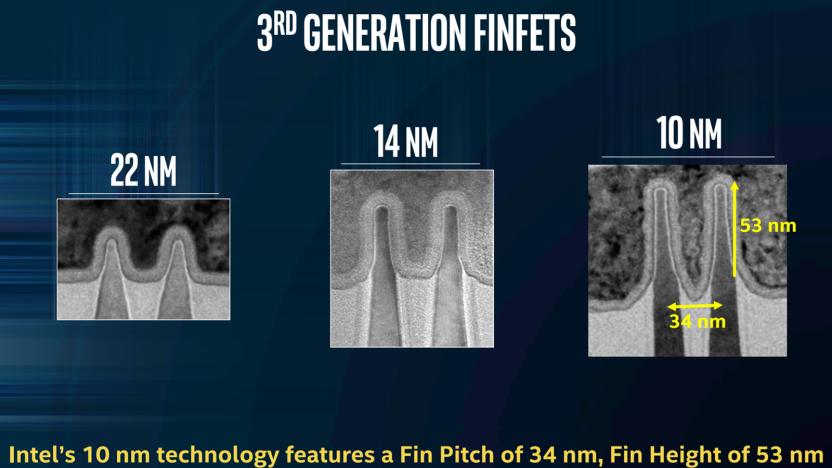
Intel: Our next chips will be a 'generation ahead' of Samsung
Intel says that when its long-delayed 10-nanometer Cannon Lake chips finally arrive, they'll be a "full generation ahead" of rivals Samsung and TMSC, thanks to "hyper scaling" that squeezes in twice as many transistors. That will yield CPUs with 25 percent more performance and 45 percent lower power use than its current Kaby Lake chips when they ship towards the end of 2017. Furthermore, Intel thinks the tech will keep Moore's Law going and give it a 30 percent cost advantage over competitors like AMD.
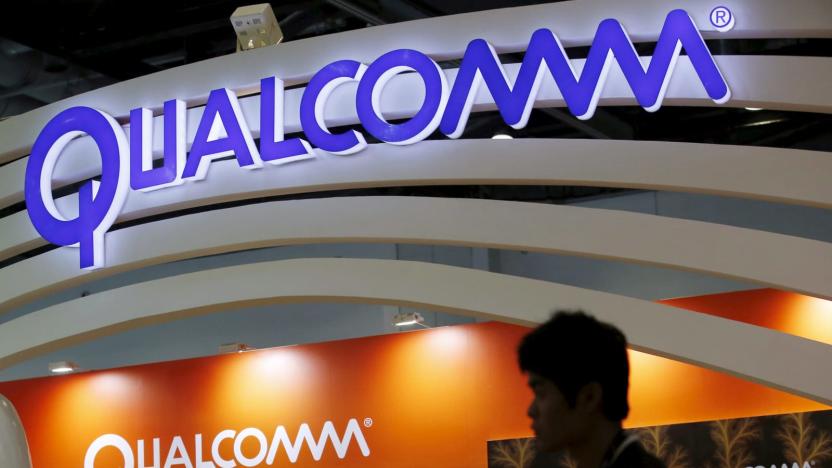
Qualcomm's Snapdragon 835 chip is big on photography and VR
Qualcomm hinted that its Snapdragon 835 processor would be something special, and it's ready to show all its cards now that it's at CES, according to a leaked blog post. Battery life is one of the chip's strongest selling points, as you may know (we'll recap that later), but Qualcomm has also revealed that the 835 also carries a ton of upgrades that reflect a rapidly changing mobile landscape. Take virtual reality, for example. On top of 25 percent faster Adreno 540 graphics, it improves positional audio and reduces the lag between motion tracking and what you see on-screen. You won't be as likely to feel seasick or turn the wrong way, in other words.
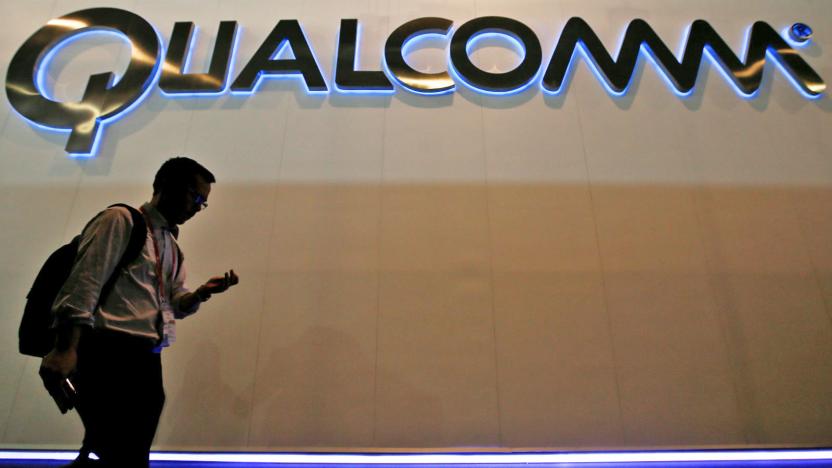
Qualcomm's Snapdragon 835 is its first 10-nanometer chip
Qualcomm has unveiled its next-gen Snapdragon 835 flagship SoC (system on a chip) and confirmed rumors that it will be built by Samsung using its 10-nanometer FinFET process. Compared to the current 14-nanometer Snapdragon 821 (also built by Samsung), the new processor packs 30 percent more parts into the same space, yielding 27 percent better performance while drawing up to 40 percent less power, the company says. It also improved the design, which will yield "significant" improvements to battery life
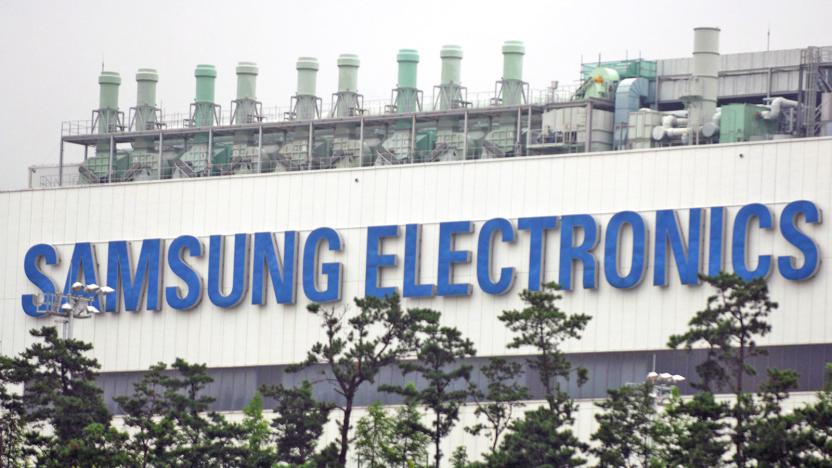
Samsung starts building 10-nanometer processors
Chip companies are battling Moore's Law tooth and nail, but Samsung says it's the first to start building processors using a 10-nanometer process, ahead of Intel and others. To put that into scale, the transistors will be just 50 times the size of a silicon atom, which is around 0.2 nanometers across. Samsung didn't say who it's building the system-on-chip for, but Korea's Electronic Times says it has an exclusive deal to build Qualcomm's next-gen Snapdragon 830 processors using 10-nanometer tech.

Samsung first to market with 10-nanometer DRAM
Intel may have delayed its 10-nanometer CPUs, but all systems are go for Samsung's 10-nanometer-class DRAM chips. The company is now mass producing the first DDR4 chips using the tech in 8Gb sizes, ahead of competitors SK Hynix and Micron.It will produce SIMM modules this year varying from 4GB for laptops up to 128GB for enterprise servers. Samsung also promised to reveal 10-nanometer mobile DRAM "in the near future."

Intel delays next-gen chips as Moore's law begins to crack
Intel says its next-gen "Cannonlake" chips will be delayed by six months, marking the second time in a row it hasn't released a CPU on a two-year "Moore's law" cycle. Last year's 14-nanometer Broadwell chips were similarly delayed, and even Haswell and Ivy Bridge were behind schedule. Intel said that the setback for the new 10-nanometer chips was caused by the increasing complexity in building transistors that small. Addressing the elephant in the room, CEO Brian Krzanich said that "the last two technology transitions have signaled that our cadence today is closer to 2.5 years than two."

